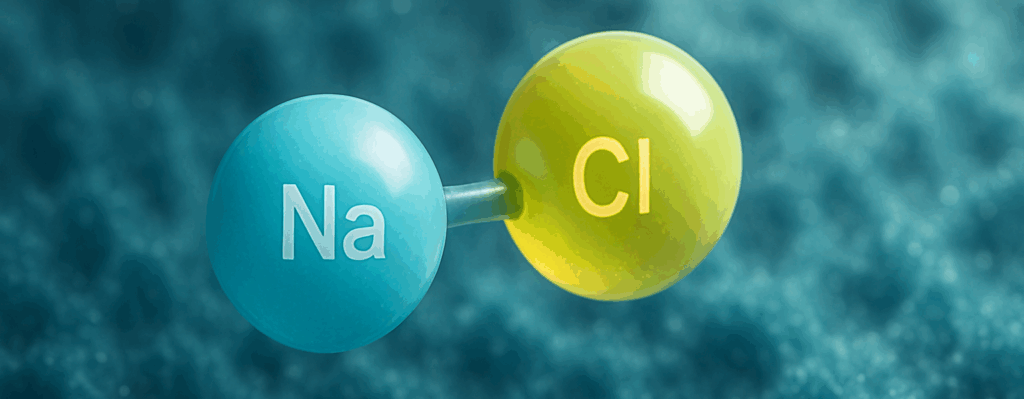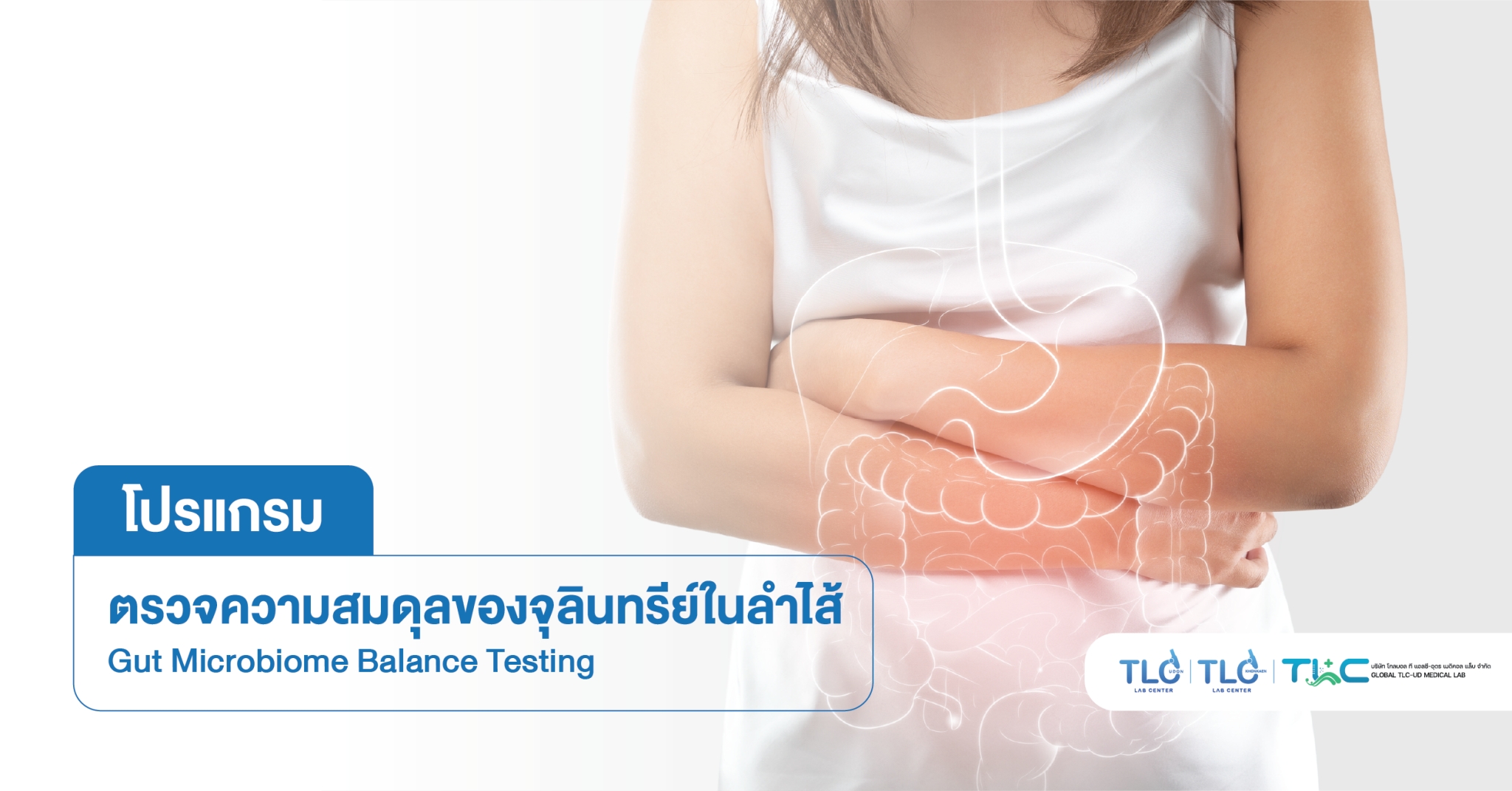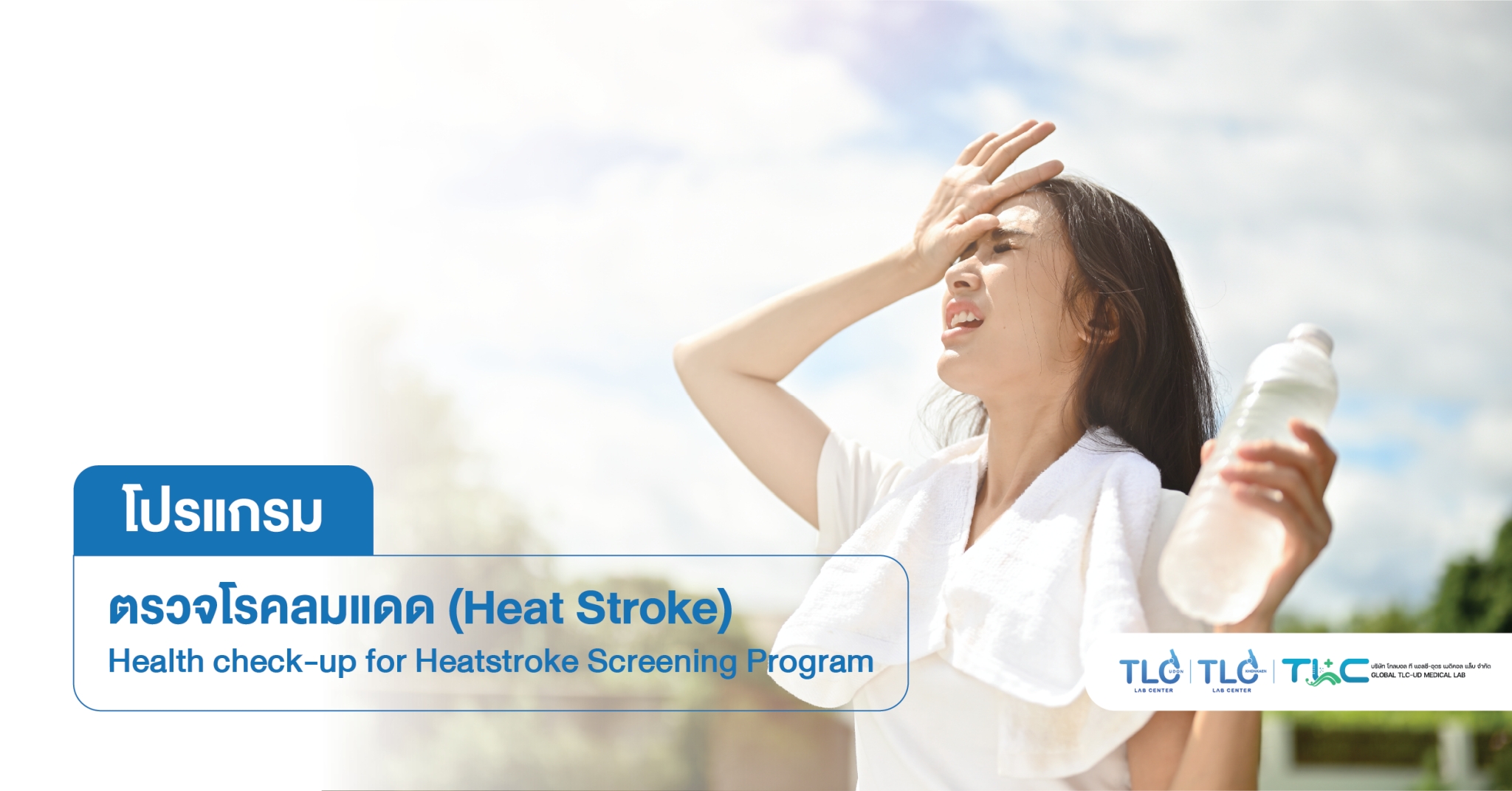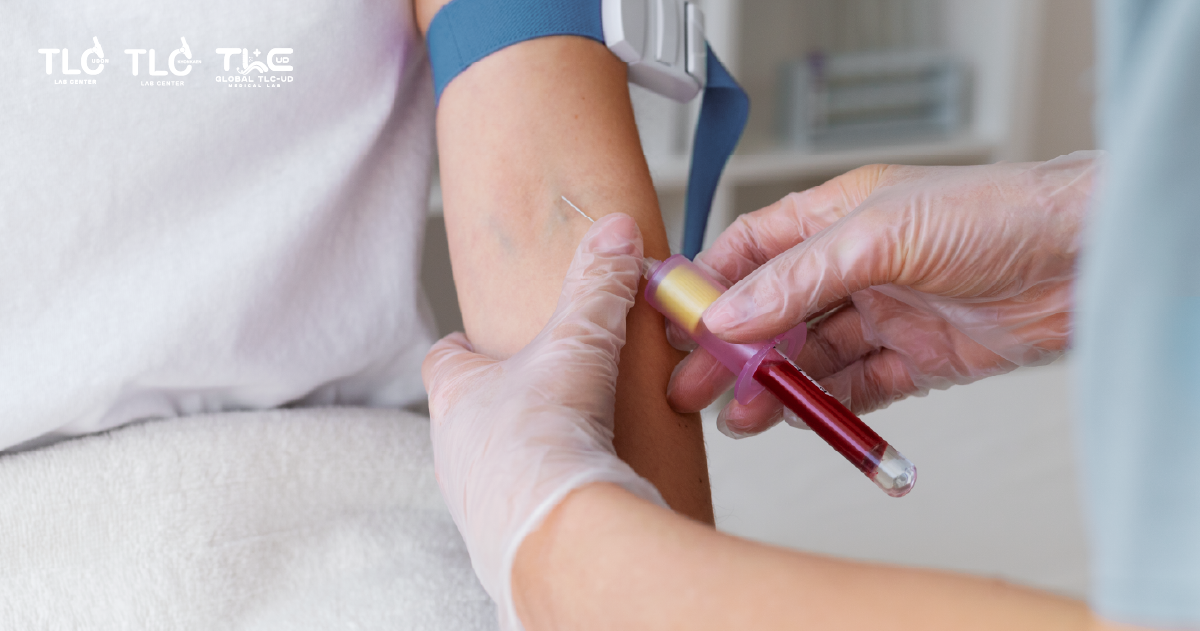Sodium is an important mineral and electrolyte. It helps regulate fluid balance, blood pressure, nerve and muscle function, and is essential for proper cell, muscle, and heart activity.
How Important Is Sodium?
Without sodium, cells malfunction, nerves stop responding, muscles can’t contract, and blood pressure can drop dangerously low. But having too much sodium is also harmful—it’s all about balance.
Symptoms of Sodium Deficiency (Hyponatremia):
- Nausea, vomiting
- Headache
- Confusion, fatigue, or irritability
- Muscle weakness, twitching, or cramps
- Seizures (in severe cases)
- Loss of consciousness (if very severe)
What Happens If You Consume Too Much Sodium?
- High blood pressure
- Increased risk of heart disease and stroke
- Heavy strain on the kidneys
- Water retention (edema)

Recommended Daily Sodium Intake
- Adults: No more than 2,300 mg per day (according to the World Health Organization and American Heart Association)
- Ideal target for most people: 1,500 mg per day (recommended for most people to help control blood pressure)
Foods that are good sources of sodium
- Salt
- Processed foods (instant noodles, snacks, canned soups)
- Seasoning sauces (soy sauce, fish sauce)
- Cheese
- Bread (especially packaged types)
- Processed meats (ham, bacon, sausages, etc.)
References
- World Health Organization. (n.d.). Salt reduction. [ who.int ]
- American Heart Association. (n.d.). Sodium and salt. [heart.org]
- Harvard T.H. Chan School of Public Health. (n.d.). Salt and sodium. The Nutrition Source. [hsph.harvard.edu]
















